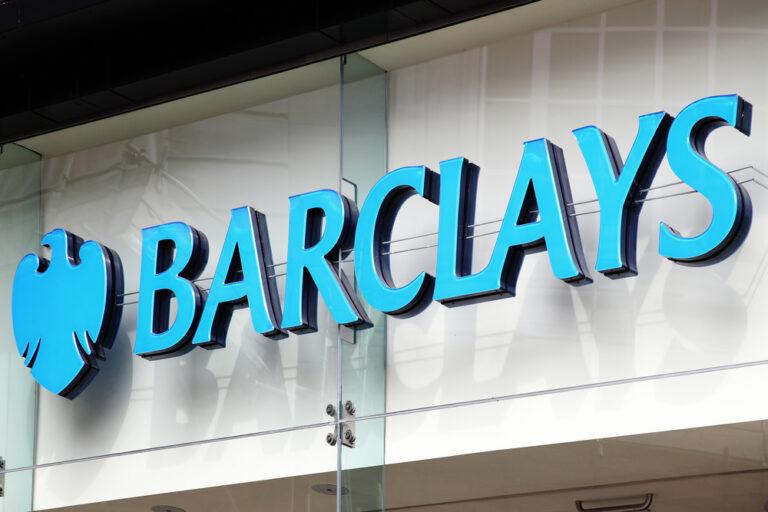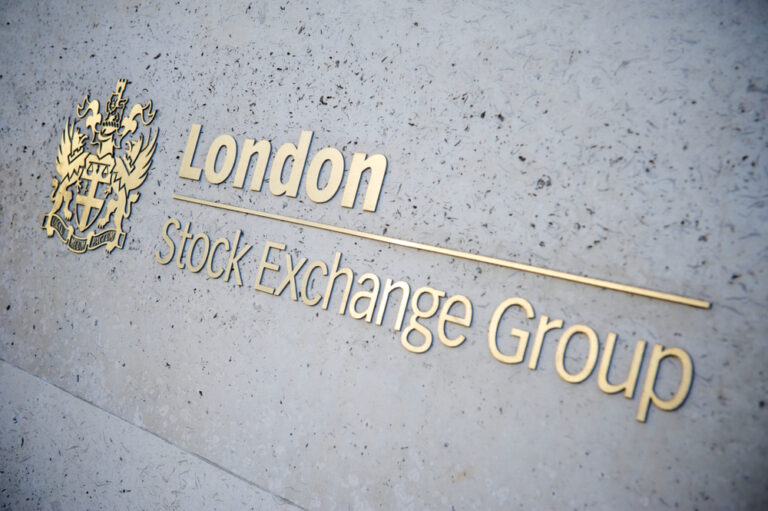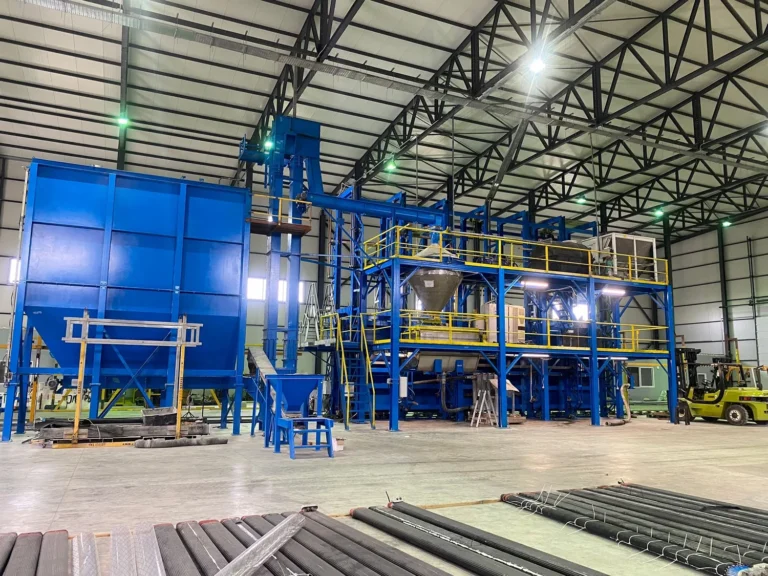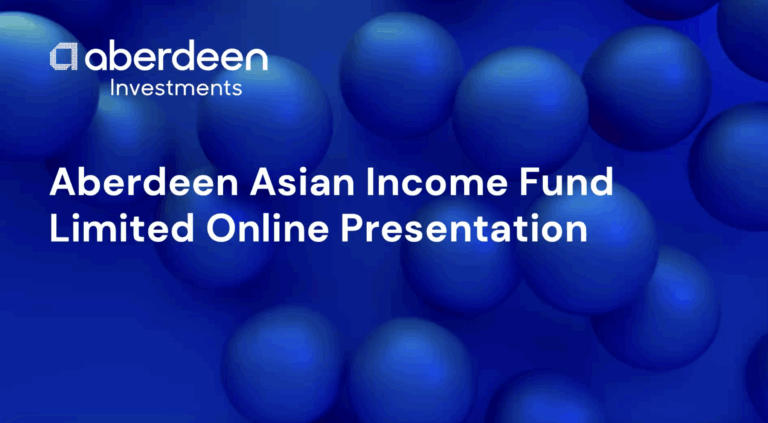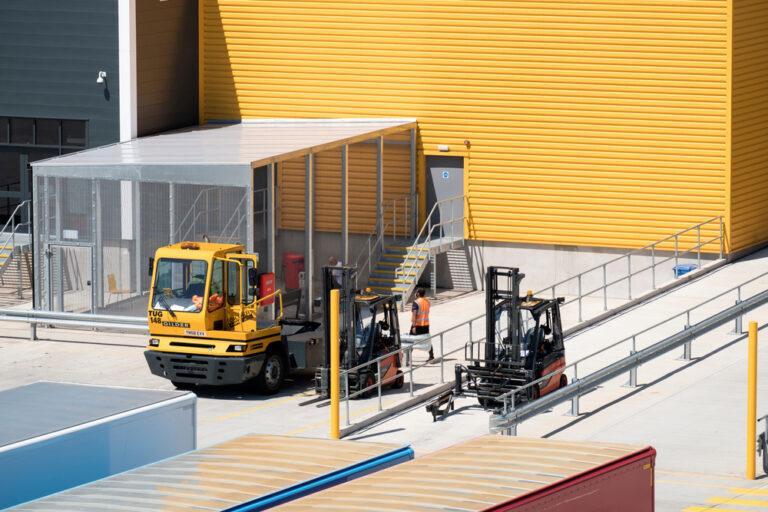The UK stock market could lose billions in value if the Chancellor makes even modest changes to key retail investor taxes, new analysis from IG suggests.
Research by the trading platform found that a two percentage point rise in dividend and capital gains tax could knock £4bn off the FTSE.
For a government that says it wants to help promote the UK stock market, pushing ahead with rumoured changes seems counterproductive.
The analysis, published as part of IG’s ‘Hands off our investments’ campaign, combines established economic research on tax-equity value relationships with Office for National Statistics investor ownership data.
Currently, investors receive a £500 tax-free dividend allowance before paying rates of 8.75%, 33.75%, or 39.35% depending on their income bracket. Capital gains tax stands at a £3,000 annual exemption, then 18% for basic rate taxpayers and 24% for higher earners.
The platform’s modelling also examined changes to pension tax. Cutting the tax-free lump sum from £268,000 to £50,000 could reduce annual pension contributions by around £800m, the research found. This is money that may be destined for London-listed shares.
Even a smaller reduction to £100,000 would trigger a £300m fall in contributions, based on Institute for Fiscal Studies estimates of how savers respond to tax incentives.
IG is calling on the government to freeze all three policies ahead of next month’s Autumn Budget. The company argues that raising these taxes—often viewed as easy revenue targets—risks undermining efforts to encourage wider share ownership.
The Chancellor has yet to comment on potential tax changes.
“The government has been clear about its ambition to shift the UK away from a savings-first mindset and encourage more Brits to invest, supporting the stock market and growing their wealth,” said Michael Healy, UK Managing Director at IG.
“That goal would be seriously undermined if any of the tax areas we’ve highlighted are targeted in next month’s Autumn Budget.
“If we want to build a nation of investors, we cannot make it less attractive to invest – whether that’s in an ISA, outside of an ISA, or in a pension. We’re asking the government to keep their hands off our investments: no raids on pensions, no hikes to dividend tax, and no increase to capital gains tax. Britain needs long-term investors, not short-term tax grabs.”


